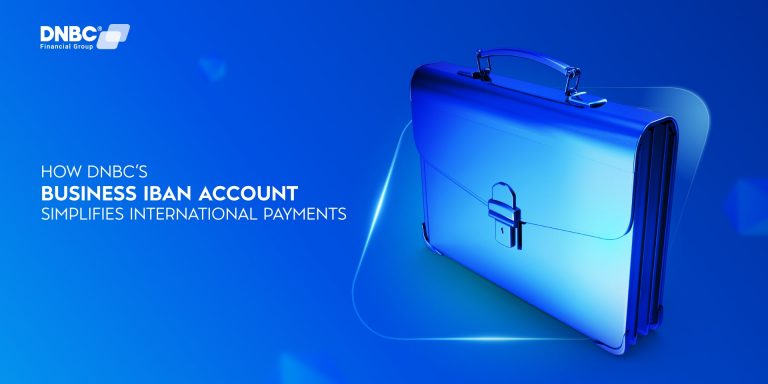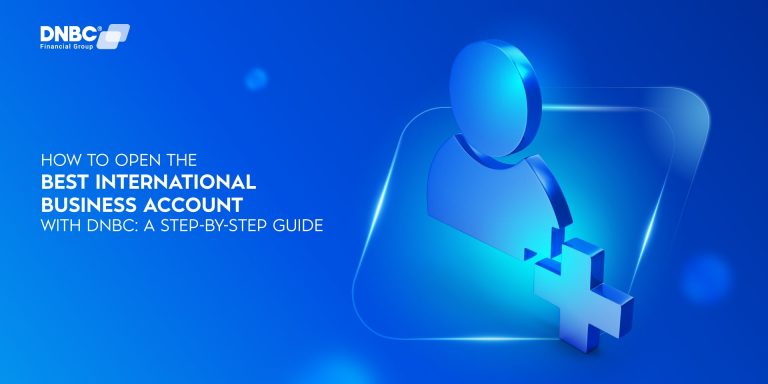The financial technology industry is evolving rapidly in recent years. Expanding a fintech business internationally involves several strategic steps to ensure success. In this article, we will highlight key objects for international business expansion plan
Trends of Finance Technology
Finance technology, commonly known as fintech, is a dynamic field that merges finance and technology to create innovative solutions. So, here are some key aspects:
1. Digital Payments and Mobile Banking:
- Fintech companies have revolutionized payments, enabling seamless transactions via mobile apps.
- Mobile wallets, peer-to-peer (P2P) payment platforms, and contactless payments are gaining popularity.
2. Blockchain and Cryptocurrencies:
- Blockchain technology ensures secure, transparent, and tamper-proof transactions.
- Cryptocurrencies like Bitcoin and Ethereum have disrupted traditional finance.
3. Robo-Advisors and Wealth Management:
- Robo-advisors use algorithms to provide personalized investment advice.
- They offer cost-effective solutions for wealth management.
4. Insurtech:
- Fintech innovations in insurance include AI-driven underwriting, claims processing, and personalized policies.
5. Regtech:
- Regulatory technology helps financial institutions comply with regulations.
- It streamlines reporting, risk management, and fraud prevention.
6. Open Banking and APIs:
- Open banking allows third-party developers to access financial data securely.
- APIs (Application Programming Interfaces) enable seamless integration between different systems.
International business expansion plan
Expanding a business internationally can be highly rewarding, but it comes with several challenges. Here are some common ones:

1. Compliance with Local Regulations: Navigating different legal and regulatory environments can be complex. Each country has its own set of rules regarding business operations, taxes, and employment laws.
2. Cultural and Language Barriers: Understanding and adapting to local cultures, languages, and business etiquettes is crucial. Miscommunication or cultural misunderstandings can hinder business relationships and operations.
3. Market Research and Strategy Development: Conducting thorough market research to understand local demand, competition, and consumer behavior is essential. A lack of proper research can lead to misaligned strategies.
4. Hiring the Right Talent: Finding and retaining skilled local employees who understand the market and culture can be challenging. This includes navigating different labor laws and employment practices.

5. Supply Chain Management: Managing supply chains across borders involves dealing with different logistics, customs regulations, and potential delays. Ensuring a smooth supply chain is critical for operational efficiency.
6. Financial Risks: Fluctuations in currency exchange rates, economic instability, and differences in financial systems can pose significant risks.
7. Adapting Products and Services: Products or services may need to be modified to meet local preferences, standards, and regulations.
8. Legal and Regulatory Compliance: Ensuring compliance with local laws, including intellectual property rights, licensing, and permits, is essential.
Addressing these challenges requires careful planning, local expertise, and a flexible approach.
List of financial technology companies
Here are some fintech companies:
1. Chime: A digital-only bank with no physical branches.
2. SoFi: A personal finance company.
3. Stripe, Inc.: An internet commerce platform.
4. Coinbase: A cryptocurrency exchange.
5. Robinhood Markets: An investment app.
6. Venmo: A social payment app.
7. Square: A payment solutions provider.
8. Cash App: A mobile banking app.
9. Plaid: A fintech API platform.
10. Circle: A digital currency company.
Additionally, CNBC’s top 200 global fintech companies include giants like Ant Group, Tencent, PayPal, Klarna, and Revolut, as well as promising startups shaping the future of financial services.
Business Strategy For International Expansion
Creating a successful international expansion strategy involves several key steps:
1. Market Research: Conduct thorough research to understand the target market’s demand, competition, cultural nuances, and regulatory environment.
2. Entry Strategy: Choose the right market entry strategy based on your business goals and resources. Options include exporting, joint ventures, licensing, franchising, foreign direct investment (FDI), and mergers and acquisitions.
3. Localization: Adapt your products or services to meet local preferences and regulatory requirements. This includes language translation, cultural adjustments, and compliance with local laws.
4. Financial Planning: Develop a detailed financial plan that includes budgeting for market entry, operational costs, and potential risks. Consider currency exchange rates and economic stability.
5. Legal and Regulatory Compliance: Ensure compliance with local laws, including tax regulations, employment laws, and intellectual property rights.

6. Talent Acquisition: Hire local talent who understand the market and can navigate cultural and business practices effectively.
7. Sales and Marketing Strategy: Develop a localized marketing strategy that resonates with the target audience. Utilize local media channels, social media, and partnerships to build brand awareness.
8. Risk Management: Identify potential risks such as political instability, economic fluctuations, and cultural barriers. Develop contingency plans to mitigate these risks.
9. Monitoring and Evaluation: Continuously monitor the performance of your international operations and make necessary adjustments. Use key performance indicators (KPIs) to measure success and identify areas for improvement.
By following these steps, you can create a robust strategy that maximizes your chances of success in international markets.
How International Money Transfer Provider Helps Fintech Companies When Expanding Their Business
International money transfer providers play a crucial role in helping fintech companies expand their business globally.
DNBC Financial Group is here to help with secure and effective international money transfer solutions. Here are some ways we assist:

1. Efficient Cross-Border Payments: Providers offer platforms that enable seamless and cost-effective cross-border transactions. This helps fintech companies manage international payments efficiently, reducing transaction costs and improving cash flow.
2. Regulatory Compliance: International money transfer providers are well-versed in the regulatory requirements of different countries. They help fintech companies navigate complex compliance issues, ensuring that all transactions adhere to local laws and regulations.
3. Localized Payment Solutions: Providers offer localized payment methods that cater to the preferences of customers in different regions. This includes support for various payment methods like bank transfers, mobile payments, and digital wallets, enhancing the customer experience.
4. Security and Fraud Prevention: These providers implement robust security measures to protect against fraud and ensure the safety of transactions. This is critical for fintech companies to maintain trust and credibility with their customers.
5. Scalability: As fintech companies grow, international money transfer providers offer scalable solutions that can handle increasing transaction volumes and expanding geographic reach. This allows fintech companies to focus on their core business while the provider manages the complexities of international payments.
By leveraging the services of international money transfer providers, fintech companies can streamline their global operations, reduce costs, and enhance their ability to serve customers worldwide.
DNBC Financial Group is your trusted provider in international money transfer
- Get 100% free 1-on-1 support
- 100% free account opening
- Seamless onboarding process
Or please contact DNBC
![]() Email: [email protected]
Email: [email protected]
![]() Phone Number:
Phone Number:
- +65 6572 8885 (Office)
- +1 604 227 7007 (Hotline Canada)
- +65 8442 3474 (WhatsApp)



 DNBC Team
DNBC Team






